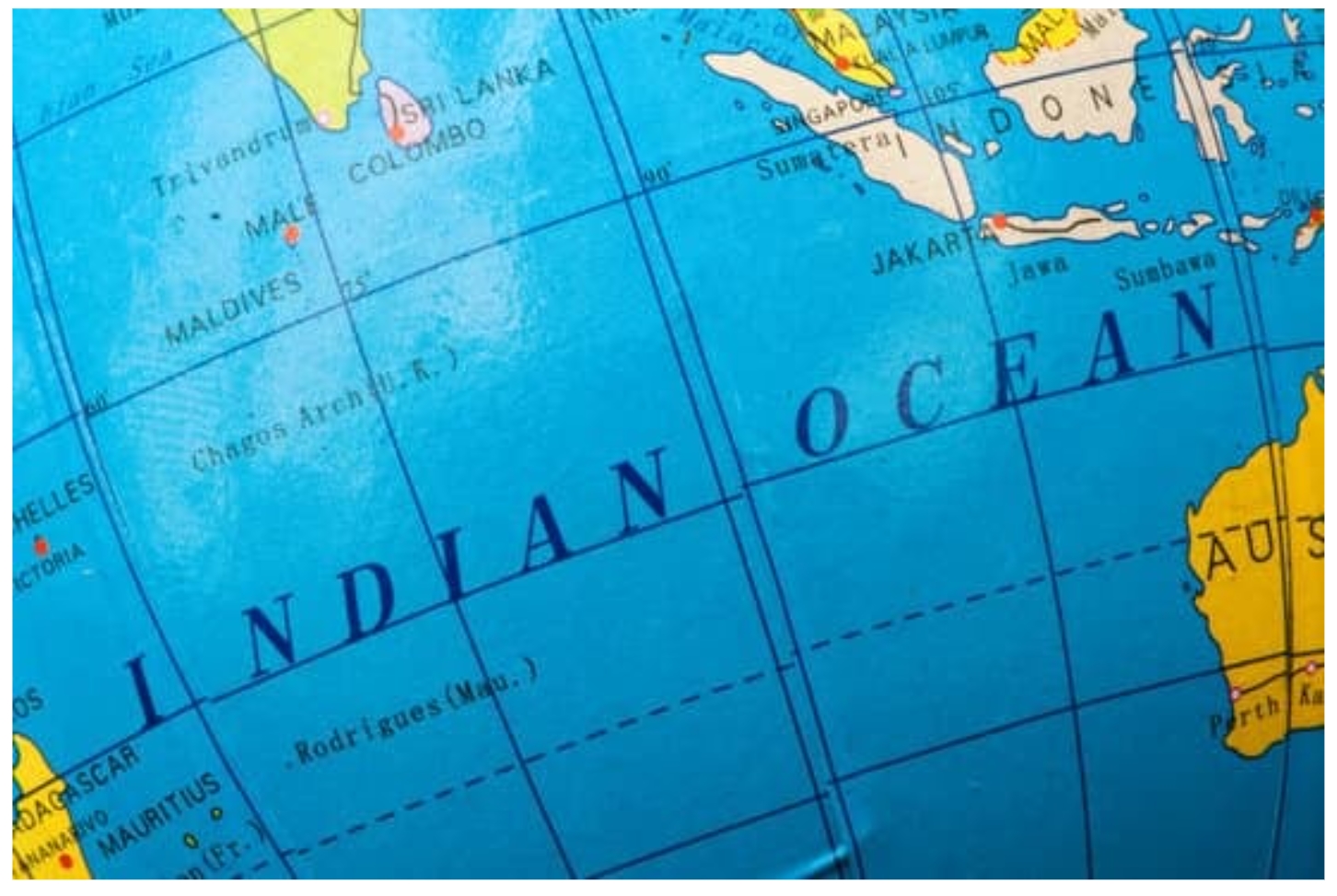Rapid Warming of Indian Ocean Projected: Study Report
The Indian Ocean basin, the world’s fastest warming ocean, is projected to experience accelerated warming at an alarming rate of 1.7°C to 3.8°C per century between 2020 and 2100, according to a recent report led by scientists from the Indian Institute of Tropical Meteorology (IITM), Pune. This unprecedented warming is expected to have severe consequences for the region.
Impacts on Weather and Climate
- Increase in frequency and intensity of severe weather events
- Prolonged marine heatwaves, rising from current 20 days per year to 220-250 days
- Changes in Indian Ocean Dipole (IOD) events, with 66% increase in extreme events and 52% decrease in moderate events by end of 21st century
- Influence on monsoon development and cyclone formation
Deepening Ocean Heat Content & Regional Variations
- Ocean warming not limited to surface; heat content increasing in depths up to 2,000 meters
- Current rate of increase: 4.5 zetta-joules per decade
- Projected future rate: 16-22 zetta-joules per decade
- Equivalent to energy of one Hiroshima atomic bomb detonation every second for a decade
- Northwestern Indian Ocean to experience worst warming
- Warming from 1950-2020: 1.2°C
- Further warming projected from 2020-2100: 1.7°C to 3.8°C
Implications for Marine Ecosystems & Sea Level Rise
- Near-permanent marine heatwave state
- Acceleration of coral bleaching, seagrass destruction, and loss of kelp forests
- Adverse effects on fisheries sector
- Rising ocean heat content contributes to sea level rise
- Thermal expansion of water accounts for more than half of sea level rise in Indian Ocean
- Exceeds contribution from melting glaciers and sea ice
About The Indian Institute of Tropical Meteorology (IITM), Pune
The Indian Institute of Tropical Meteorology (IITM), Pune, is a premier research institution focused on studying the Earth’s atmosphere and climate. Established in 1962, it operates under the Ministry of Earth Sciences, Government of India.
- Conducts research in atmospheric and ocean sciences, climate change, and weather forecasting
- Houses advanced facilities like High-Performance Computing (HPC) systems and weather radars
- Plays a crucial role in monsoon forecasting and climate change studies for India
- Collaborates with national and international organizations for research projects
Key strategies include:
The study’s findings underscore the urgent need for a multifaceted approach to address the challenges posed by the rapid warming of the Indian Ocean.
- Reducing global carbon emissions
- Investing in resilient infrastructure
- Conserving and protecting marine ecosystems
- Improving forecasting capabilities for extreme weather events
- Promoting adaptive practices in agriculture and fisheries
- Fostering international collaboration
As the Indian Ocean continues to warm at an unprecedented pace, it is crucial to take proactive measures to mitigate the impacts of climate change and build resilience in coastal communities and ecosystems.
Month: Current Affairs - April, 2024
Category: Environment Current Affairs








